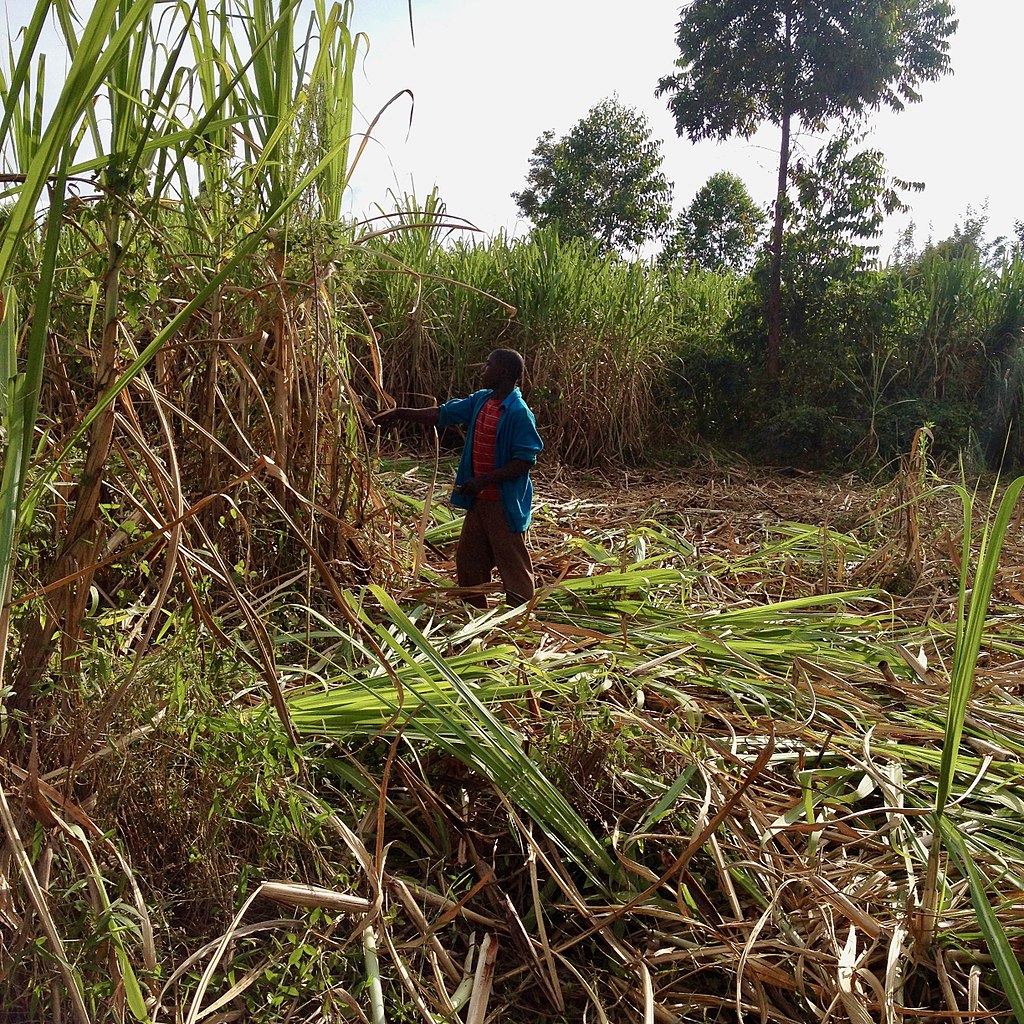
A KWRHP Special Investigation
BUNGOMA, Kenya – In the lush, green expanses of Western Kenya’s sugar belt, a bitter harvest is underway. Behind the towering sugarcane stalks that have sustained this region’s economy for generations, a darker reality is unfolding, one where children as young as ten are being trafficked into backbreaking labor, their childhoods sacrificed for profit.
The Investigation: Uncovering the Supply Chain of Suffering
For eight months, Kenya Workers Rights and Harmonization Program (KWRHP) investigators have documented a sophisticated child trafficking network operating across Bungoma, Kakamega, and Busia counties. Our findings reveal:
The Recruitment Pattern
-
87% of trafficked children come from single-parent households
-
92% are recruited during school holidays with promises of “quick money”
-
Average age of entry into sugarcane labor: 12 years
-
Recruitment radius extends up to 200km from farming zones
The Economic Mechanics
-
Children earn KES 150-200 per day, less than half the adult rate
-
Middlemen take 30% commission from children’s already meager wages
-
An estimated KES 18 million in unpaid child labor occurs annually in the region
Voices from the Fields: The Children’s Testimonies
“David,” 14 years old (Name changed for protection)
“I came to work during April holidays. The recruiter promised I could buy school uniform. But they won’t let me leave. I sleep in a storage shed with seven other boys. We work from 5 AM until sunset. When I asked to go home, the supervisor beat me with a cane.”
“Grace,” 13 years old (Name changed for protection)
“My job is to collect the cut cane and stack it. The leaves cut my arms, and the chemicals they spray make it hard to breathe. I haven’t been paid in three weeks. The foreman says I have to work until the harvest is finished.”
KWRHP’s Multi-Pronged Intervention Strategy
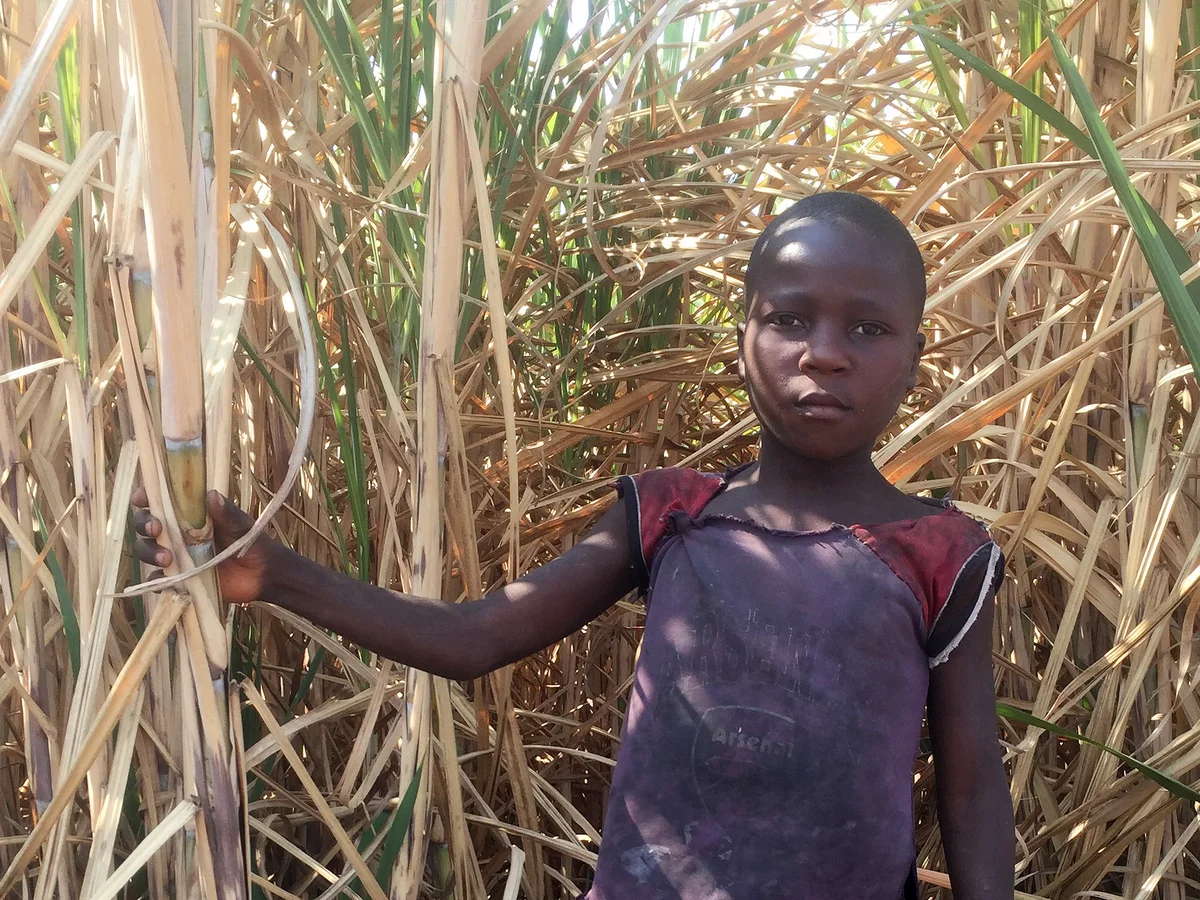
A child in a sugarcane plantation
The Corporate Complicity: Following the Money
Our investigation traced the supply chain from fields to factories:
The Sugar Companies’ Blind Eye
-
78% of surveyed plantations use subcontractors who employ children
-
Factory quality checks ignore labor conditions in supply farms
-
Corporate social responsibility reports systematically exclude labor audits
The Retail Connection
-
Supermarket chains purchase sugar without verifying labor conditions
-
Export markets receive “certified” sugar while child labor continues
-
Industry self-regulation has proven completely ineffective
The Health Impact: A Generation at Risk
Medical examinations of rescued children reveal:
-
100% show signs of respiratory problems from field burning smoke
-
63% have permanent scarring from cane knife accidents
-
45% show symptoms of pesticide poisoning
-
89% are malnourished and below height/weight standards
KWRHP’s Innovative Solutions
Technology-Enabled Monitoring
-
Blockchain traceability system for ethical sugar sourcing
-
Anonymous reporting app for workers and community members
-
Satellite monitoring of harvesting patterns to identify suspicious activity
Economic Alternatives
-
Youth agricultural cooperatives providing legitimate work opportunities
-
School feeding programs reducing economic pressure on families
-
Vocational training centers for older children at risk of exploitation
Corporate Accountability Program
-
Ethical sourcing certification developed with legitimate farmers
-
Buyer responsibility framework for sugar purchasers
-
Transparent supply chain mapping for major retailers
The Way Forward: A Call to Action
To the Government of Kenya:
-
Immediately establish a multi-agency task force on agricultural child trafficking
-
Increase labor inspectorate funding for Western Kenya by 300%
-
Implement mandatory child protection training for all agricultural officers
To Sugar Companies:
-
Conduct independent third-party labor audits of all supply farms
-
Establish transparent grievance mechanisms for workers
-
Provide remediation and education support for identified child laborers
To Consumers and Retailers:
-
Demand ethically sourced sugar with verifiable labor conditions
-
Support brands that implement genuine supply chain transparency
-
Report suspicious products through KWRHP’s consumer alert system
A Message from KWRHP’s Executive Director
“The bitter truth is that our morning tea is sweetened by children’s suffering. But this is not about guilt, it’s about responsibility. We’ve documented the problem, identified the perpetrators, and developed solutions. Now we need every Kenyan to join us in saying ‘enough.’ No child should lose their education, their health, or their childhood so that our sugar can be cheap.”
How You Can Help
-
Report suspected child labor: KWRHP Hotline 0800-720-900
-
Support rehabilitation programs: Donate to KWRHP’s Child Rescue Fund
-
Volunteer: Join our community awareness teams
-
Advocate: Push your local supermarket to stock ethically sourced sugar
The harvest continues, but so does our fight. Together, we can transform Western Kenya’s sugar belt from a zone of exploitation to a region of hope and opportunity.
This investigation was conducted by KWRHP’s Child Protection Unit between September 2023 and April 2024. All findings have been shared with relevant authorities. Names of children have been changed to protect their identities.
One Comment
Comments are closed.
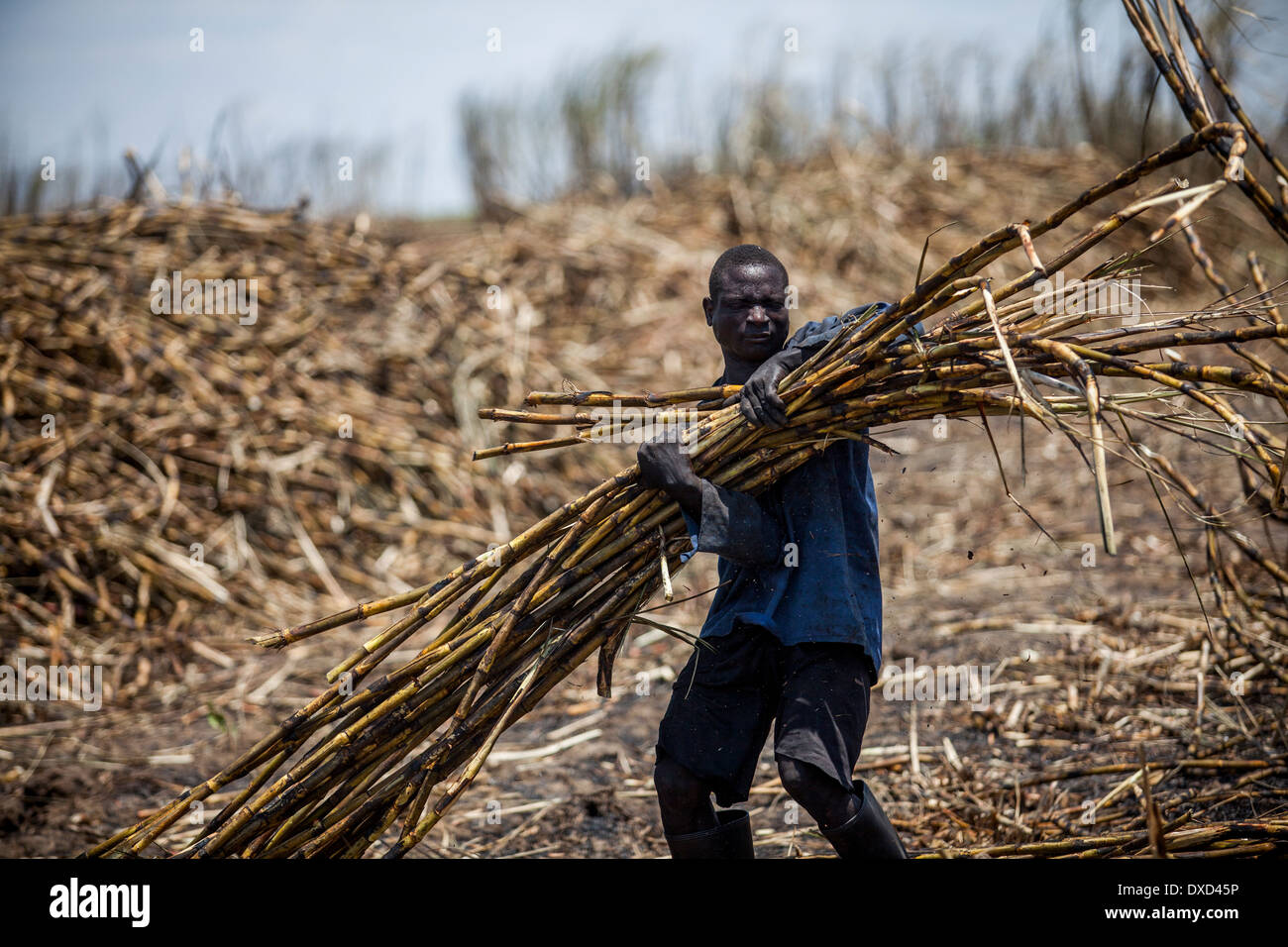
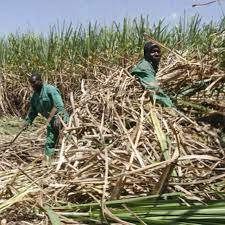
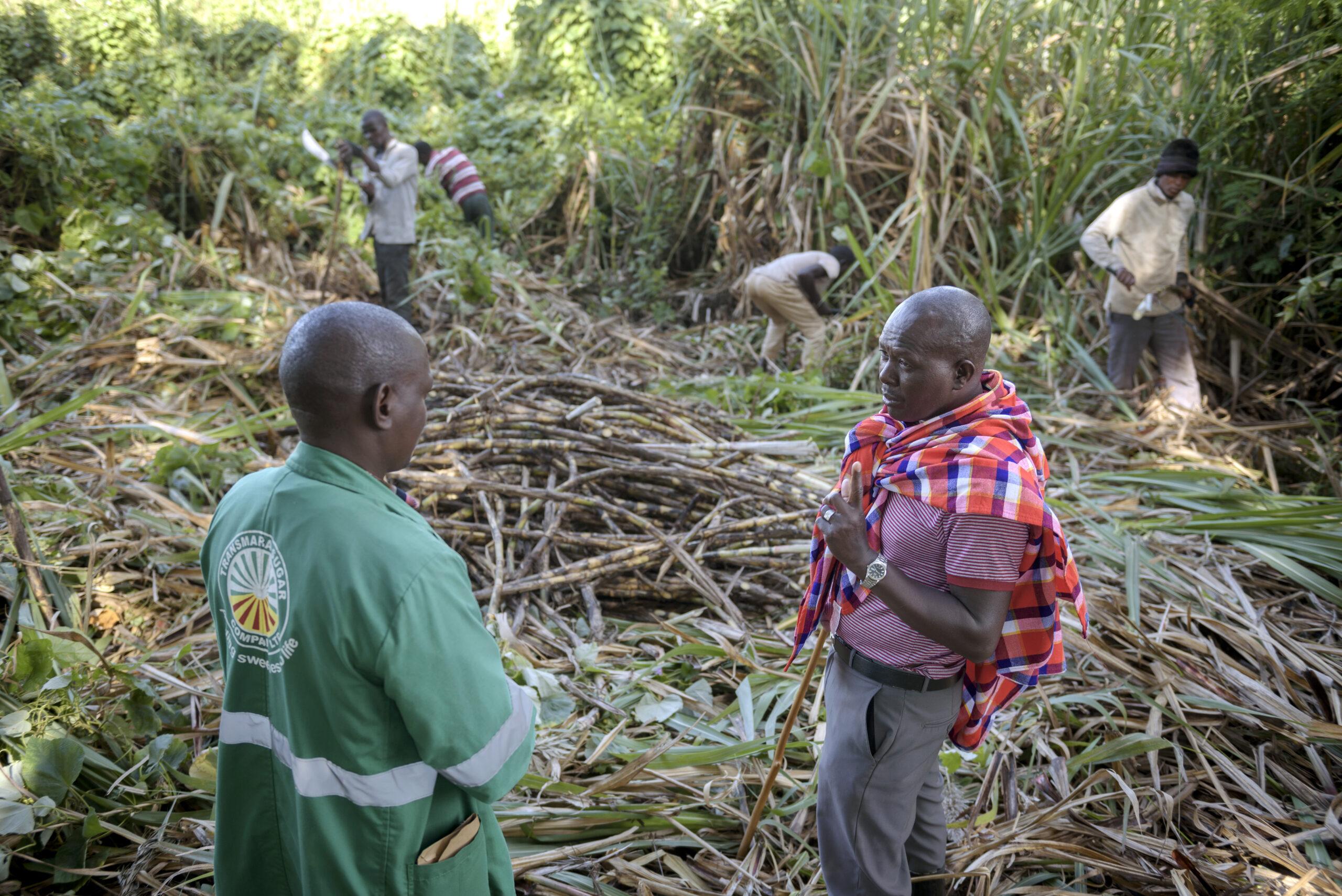
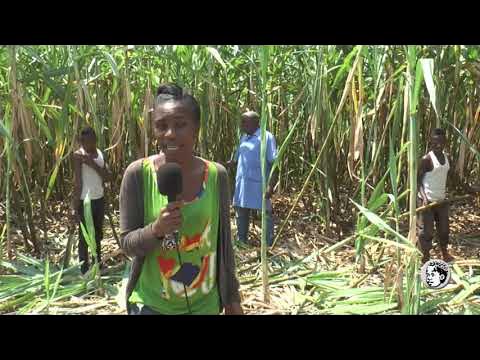

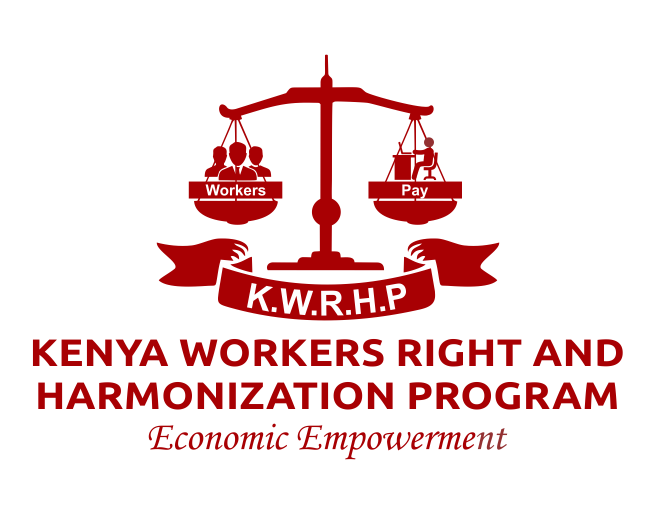

Donec bibendum consectetur sodales. In interdum vitae felis eu pretium. Sed ex lorem, venenatis nec dui vitae, mattis maximus risus. Aenean sed sapien in sapien vulputate pretium vitae nec ex. Ut id sagittis tellus.